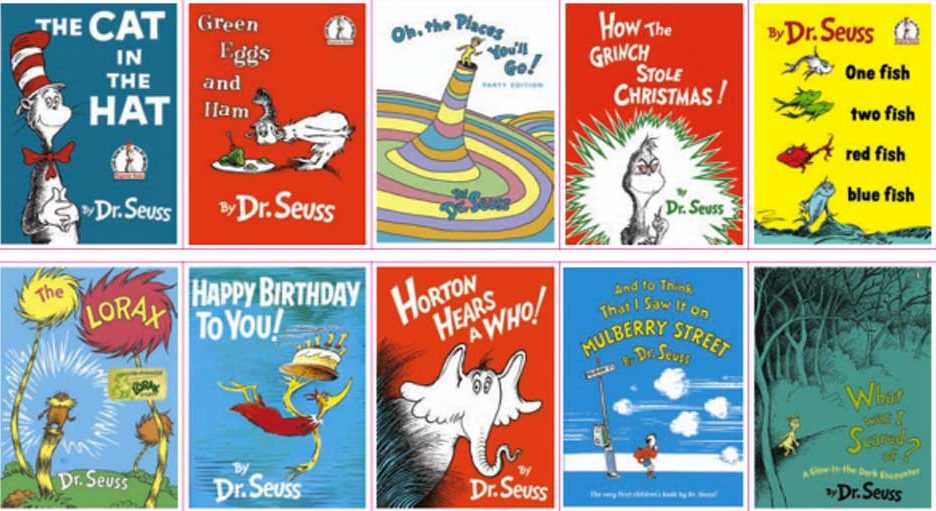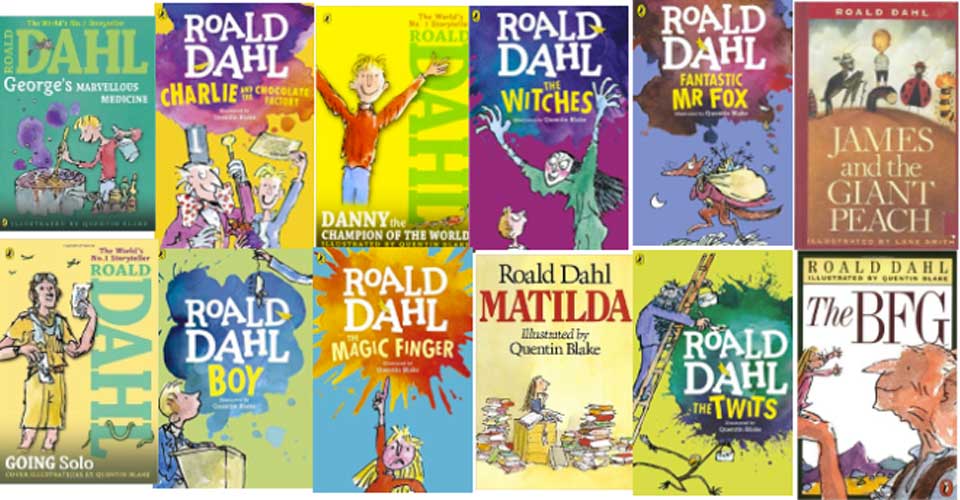
Grab a book and learn something new!
Oliver Pritchard’s guide to reading in English will have you finding good texts and reading between the lines like a pro.
Why reading in English?
Reading in English is a significant part of the language. Not only is more and more of our time spent reading on social networks, but written communication and academic reading is also very important for many people. The university I work at requires students to do a lot of reading in English, for example, and many professional development courses will involve some materials given in English.
Good sources of material for reading
Well, there’s this paper for a start. If you’re reading online then there are many old articles to look at, if you’re reading the grown-up paper then there are 27 more pages. Remember that not every article is written in the same style. The English pages are good for learners, of course. Sports, entertainment, and news are usually written in an easy-to-read style. Travel can be more difficult, but great for descriptive writing, and business will have plenty of good technical language.
You almost certainly use Wikipedia already, but you might be interested to learn that it has a special Simple English version, which is designed for people who use English as a second language. It uses Basic English, explaining concepts with a more restricted vocabulary, not simpler ideas. There are only 124,000 articles, but that number increased by six thousand last year alone.
Of course, the web as a whole is full of text in English. Large newspaper sites are very useful places to explore for interesting texts in English. The Guardian is a good bet for this, and also the BBC (not the beer!) which has a rather good learner’s section including articles with inbuilt activities for you to practise with. Exam sites provide more specific tests, often with advice on their activities. They can be dull, but provide very good practice.
Since FILBo is over, you can saunter on down to second hand book shops in the centre, around octava and 14. There’s another good stack around Calle 45 with 20 or so.
Another interesting resource is graded readers. These are books designed for learners, with limited vocabulary and easier structures. The language is usually graded at different levels, so you can choose one that is right for you. There seem to be many versions of Sherlock Holmes available, and these are very good.
Some particularly good reads
Doctor Seuss. I’m not joking. The books from the Doctor Seuss series are fantastic for reading practice. They’re short, they’re beautiful. They encourage fun and play with words, which is so important for learning to love a language. Also, they’re pretty good for practising pronunciation.
Sherlock Holmes and HP Lovecraft. These stories use old and sometimes strange English, but they are often very short. This makes them easy to read and satisfying. Just remember that the language can be quite unusual in general use.
Children’s books are good in general, but some of it might be too immature or childish. Try Roald Dahl for something witty and well written. The BFG and The Witches are cracking reads, and adults will appreciate the humour. Enid Blyton is another author yout might be able to find books from.
Big mainstream books are tempting, but many are worth avoiding. Tolkien, for example, is dense and unreadable in parts, as well as frighteningly long. JK Rowling, on the other hand, is a carefully inclusive author, so you might well find that Harry Potter is a worth a try, if a little on the long side.
With pictures and little text, graphic novels provide an ideal way to learn. I have a number of Spanish language ones that I use to help me practise. The text is usually similar to conversational language, which provides a good link between listening and reading. Most of the clichéd classics from film are good, Watchmen and Persepolis etc, but try Transmetropolitan or Grandville for something a bit more hipster-cool.

For some fun reading and excellent lessons on word play, try Dr. Seuss.

Alternatively, Roald Dahl writes children’s books with a touch adult humour.
Activities you can do while you read
Although reading is a passive activity, where you receive information rather than create it, there are some things you can do to try and be more active. For example, you can make notes on vocabulary that you have seen and reuse them in other sentences. This is particularly useful when you encounter new words or structures, or things you don’t normally see.
Another good exercise is to write a summary of what you have read. This helps you to practise analysing the most important parts of a text. It is also, of course, a very useful skill in the real world where you will often have to write reports or minutes from meetings. Developing the ability to assess which details are most important is very important for many people.
Also, you can test your memory by seeing how many details you can remember, before checking in the text to see how accurate you were. This tests your information retention, which is a fancy way of saying memory. You might be surprised to see how many details simply enter your eyes and are quickly forgotten.
Of course, you can also use reading in English as a start to something else. For example, try writing your own ideas from the text. How might things have been different? What if the protagonist had done something different? What will happen after the end of the text? With a conversation, can you relay it using reported speech? Can you imagine your responses as part of that conversation?
For exams
There are also exam strategies for those of you who want to take an English exam. These follow various patterns. There are True/False/Does Not Say questions, where you need to be very careful. Something is true or false only if it is explicitly referred to in the text. Your knowledge does not matter, neither does extrapolation. If the explicit answer is not there, then Does Not Say is probably the answer.
Multiple choice questions are easy to do. Then there are substitution questions, where you are asked either for a synonym or to complete a sentence using words from the text. In these questions, try literally substituting the words to see if they still make sense. For example he feels happy/he feels elated. These are synonyms, so either can be used.
Finally there are paragraph matching questions. For these, you need to identify the main idea of a paragraph and provide either a title or a summary. The first line or two of a paragraph will usually be the most important. Look for synonyms and related words. For example, if the summary/title refers to wisdom or learning, look for references to knowledge or understanding. If that is not true, then try looking at the end of the paragraph.
Remember though, all this advice is useless if you don’t get out and poke your nose into a few books. Receptive skills (listening and reading in English) only get better with practice and hard work. It’s a hard truth, but there you are. There’s no magic bullet, just hard work and slow rewards. But, if you follow some of the recommendations, you just might have some fun along with the hard work. Like riding a bicycle up a big hill with stunning views.





